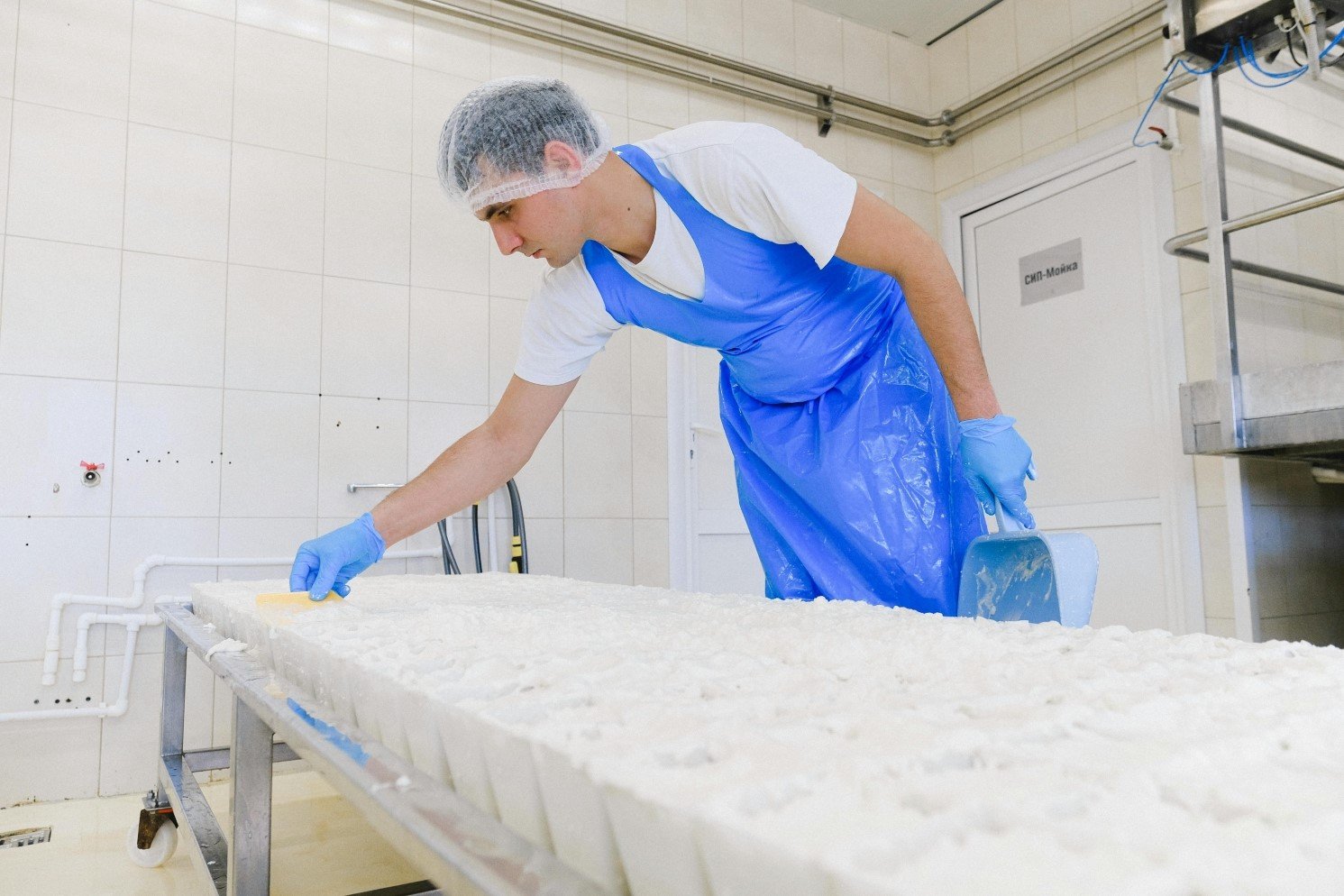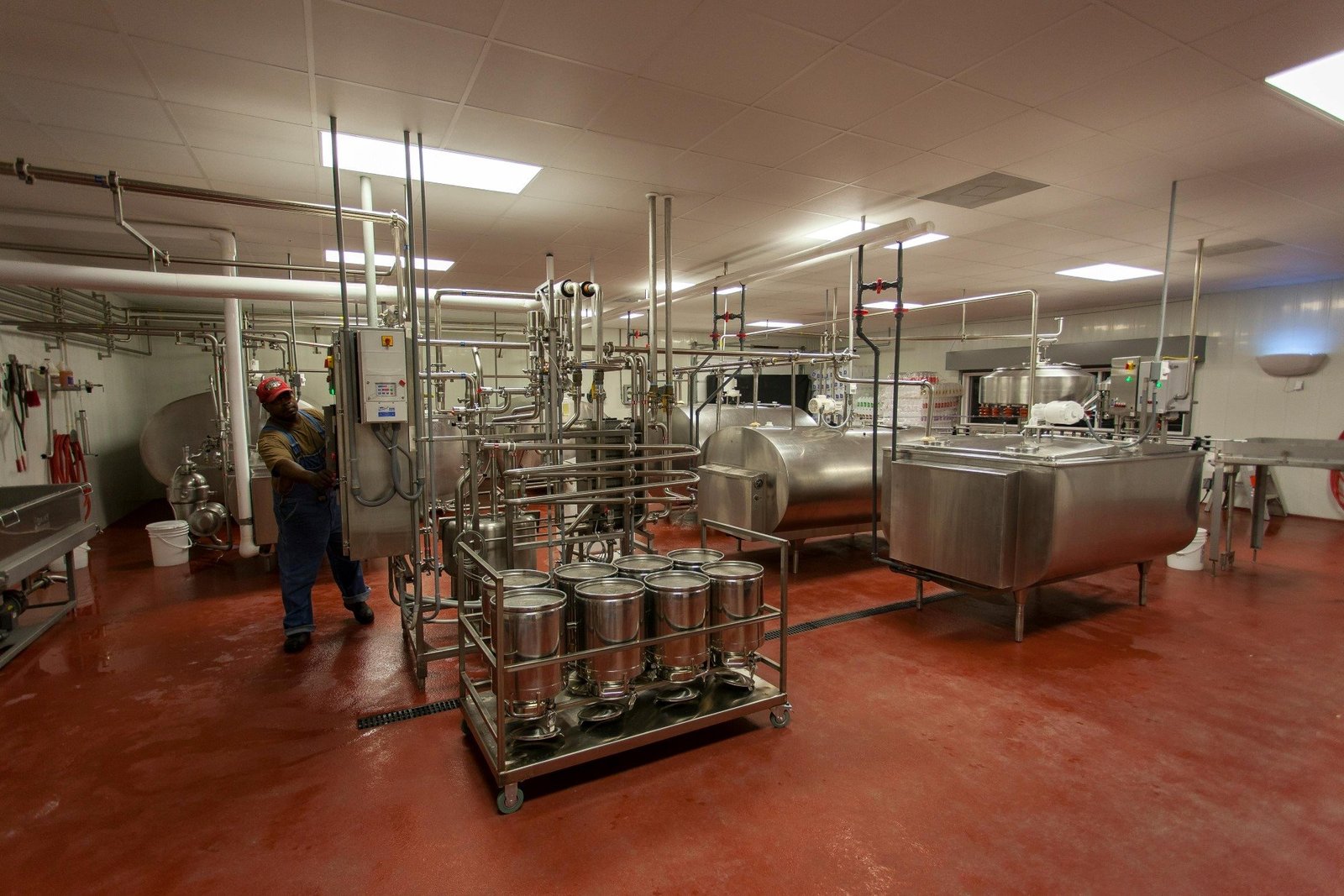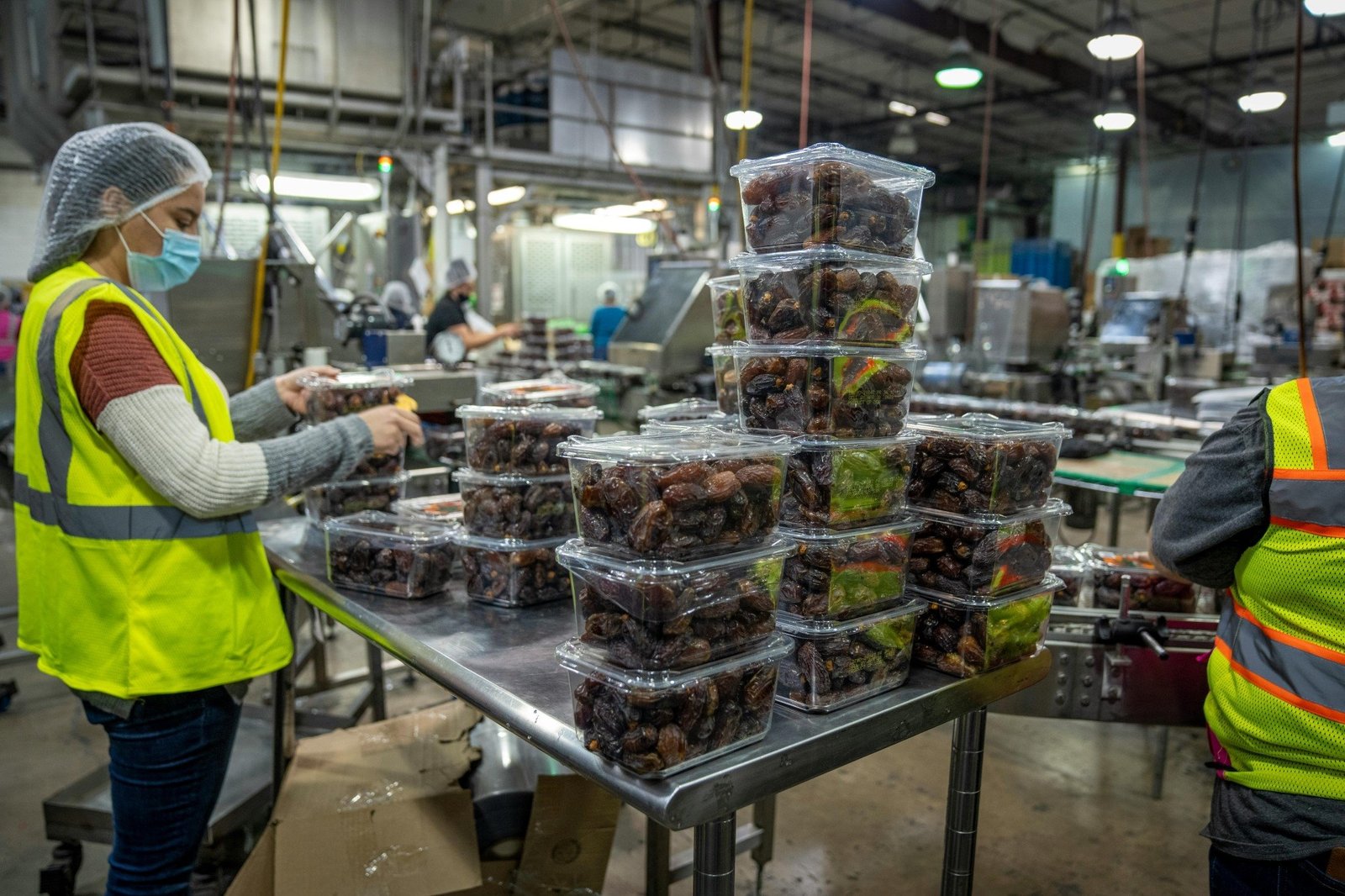What Does FSSC 22000 Cover?
FSSC 22000 (Food Safety System Certification) is a globally recognized certification that ensures food safety and quality management. It integrates ISO 22000 with sector-specific requirements, providing a comprehensive framework for food businesses. Below is a structured point-form breakdown of what FSSC 22000 covers to improve SEO.

1. Food Safety Management System (FSMS)
- Based on ISO 22000, providing a strong foundation for food safety management.
- Incorporates Hazard Analysis and Critical Control Points (HACCP) principles.
- Focuses on risk assessment and preventive controls to ensure food safety.
2. Prerequisite Programs (PRPs)
- Establishes fundamental hygiene and operational requirements for food production.
- Includes cleaning and sanitation, pest control, waste management, and personnel hygiene.
- PRPs vary depending on the food sector, ensuring industry-specific compliance.
3. Hazard Analysis and Risk Management
- Identifies and evaluates potential food safety hazards.
- Implements controls to prevent contamination and safety breaches.
- Ensures traceability and rapid response to food safety incidents.
4. Regulatory Compliance and Legal Requirements
- Aligns with local and international food safety laws and regulations.
- Meets customer and retailer requirements for safe food production.
- Helps businesses navigate food safety audits and inspections.
5. Sector-Specific Requirements
- Covers different sectors, including food manufacturing, packaging, animal feed, and logistics.
- Adapts requirements to specific industry risks and challenges.
- Ensures compliance with industry-specific best practices.
6. Supply Chain Management and Traceability
- Enhances transparency and accountability in the food supply chain.
- Ensures raw materials and ingredients meet safety standards.
- Implements robust traceability systems for product recalls if necessary.
7. Continual Improvement and Monitoring
- Encourages businesses to evaluate and improve their food safety practices regularly.
- Implements internal audits, corrective actions, and performance reviews.
- Adapts to new food safety risks and technological advancements.
8. Personnel Training and Awareness
- Requires employee training on food safety and hygiene protocols.
- Promotes a culture of food safety awareness and responsibility.
- Ensures staff understand their roles in maintaining compliance.

FSSC 22000 covers a wide range of food safety requirements, including risk management, supply chain control, and regulatory compliance. By implementing FSSC 22000, businesses can enhance food safety standards, protect consumers, and gain global recognition. If your company operates in the food industry, achieving this certification can provide a competitive advantage.


